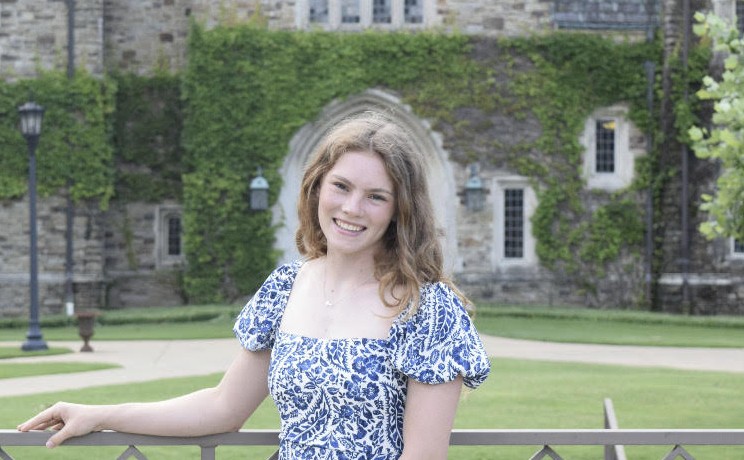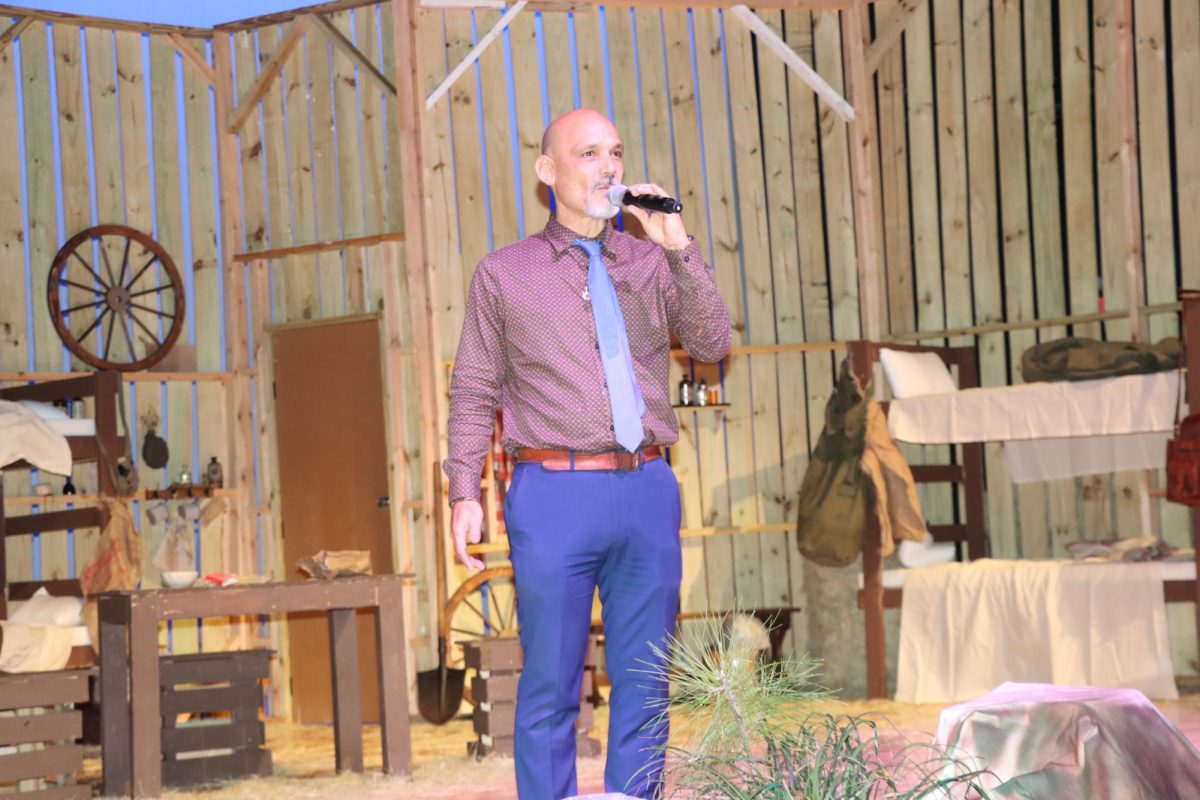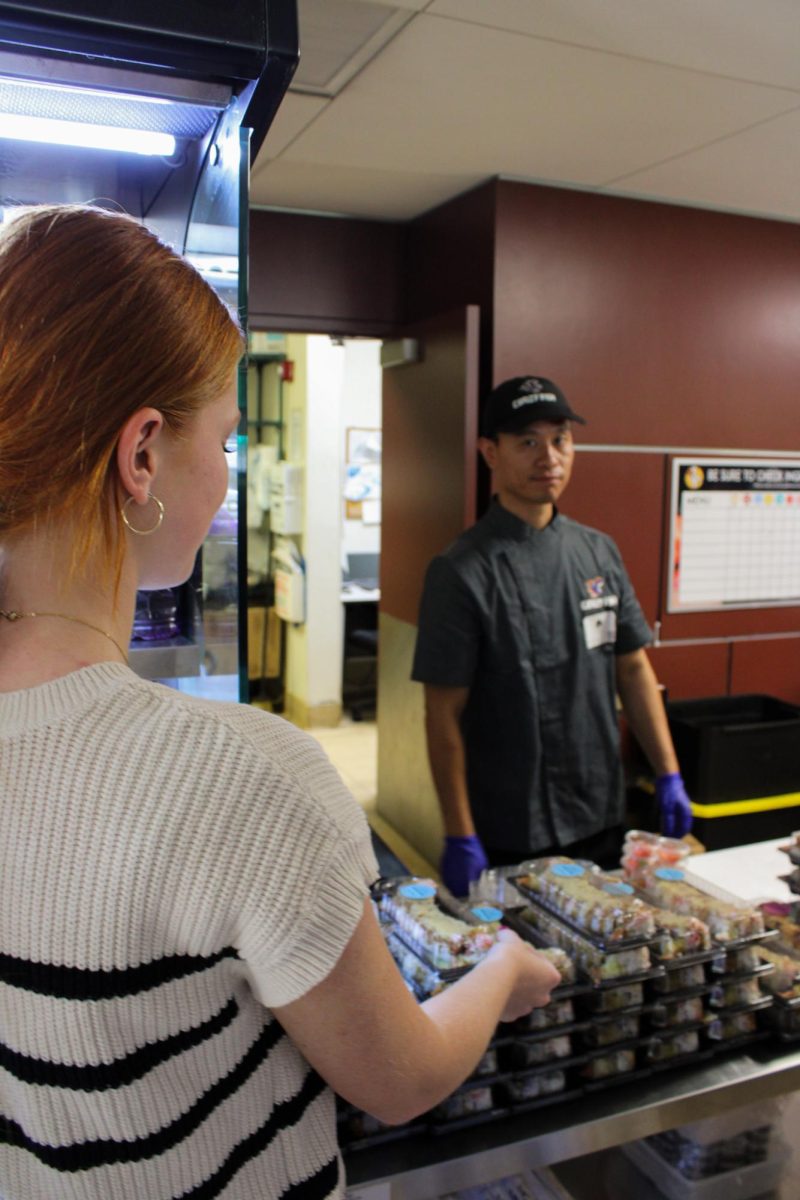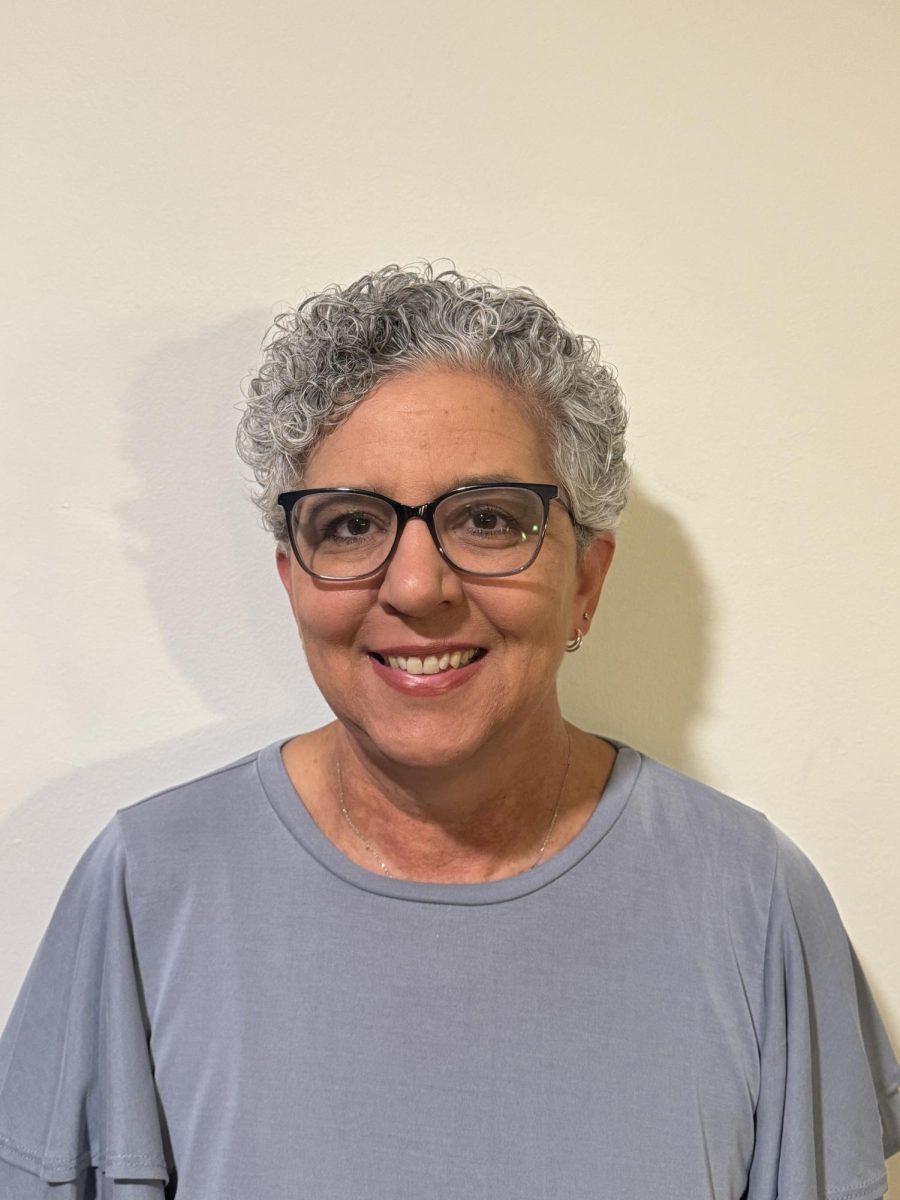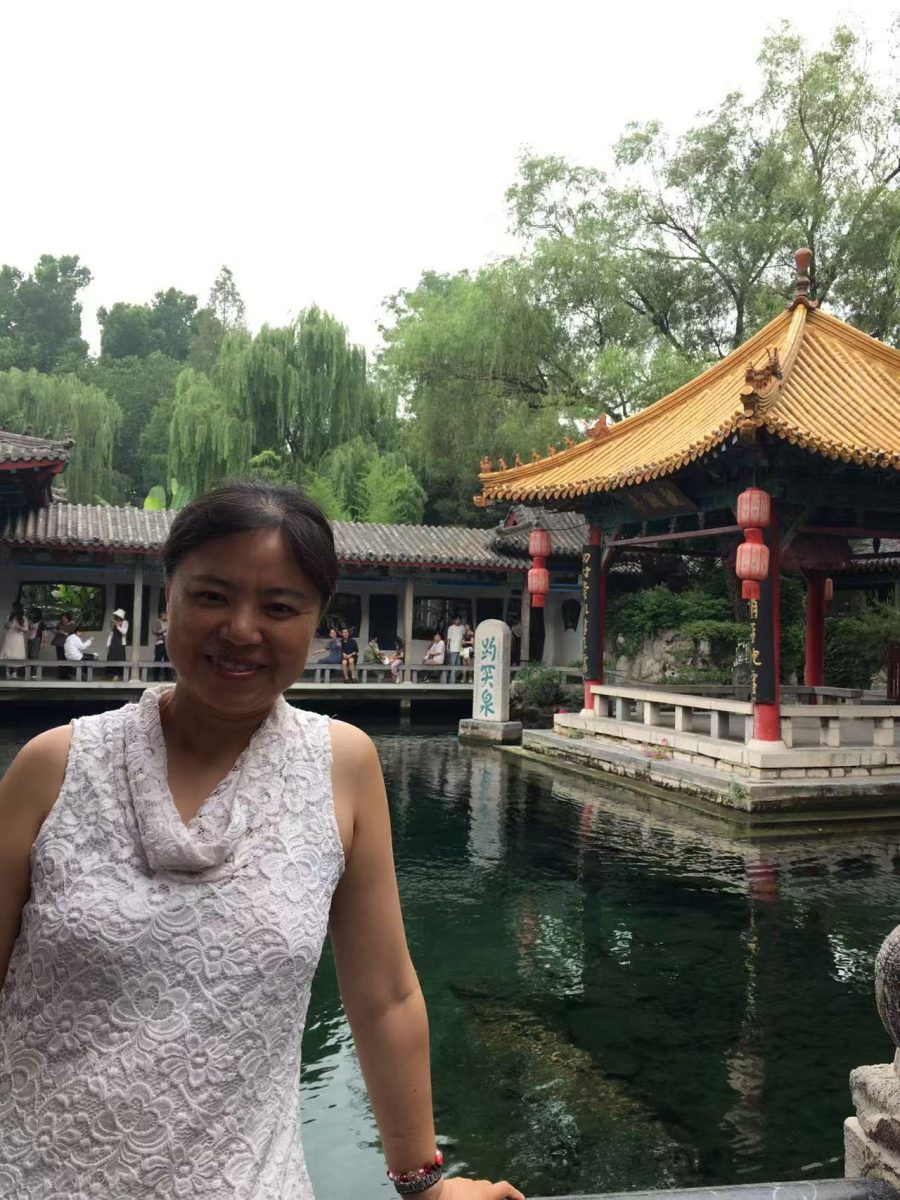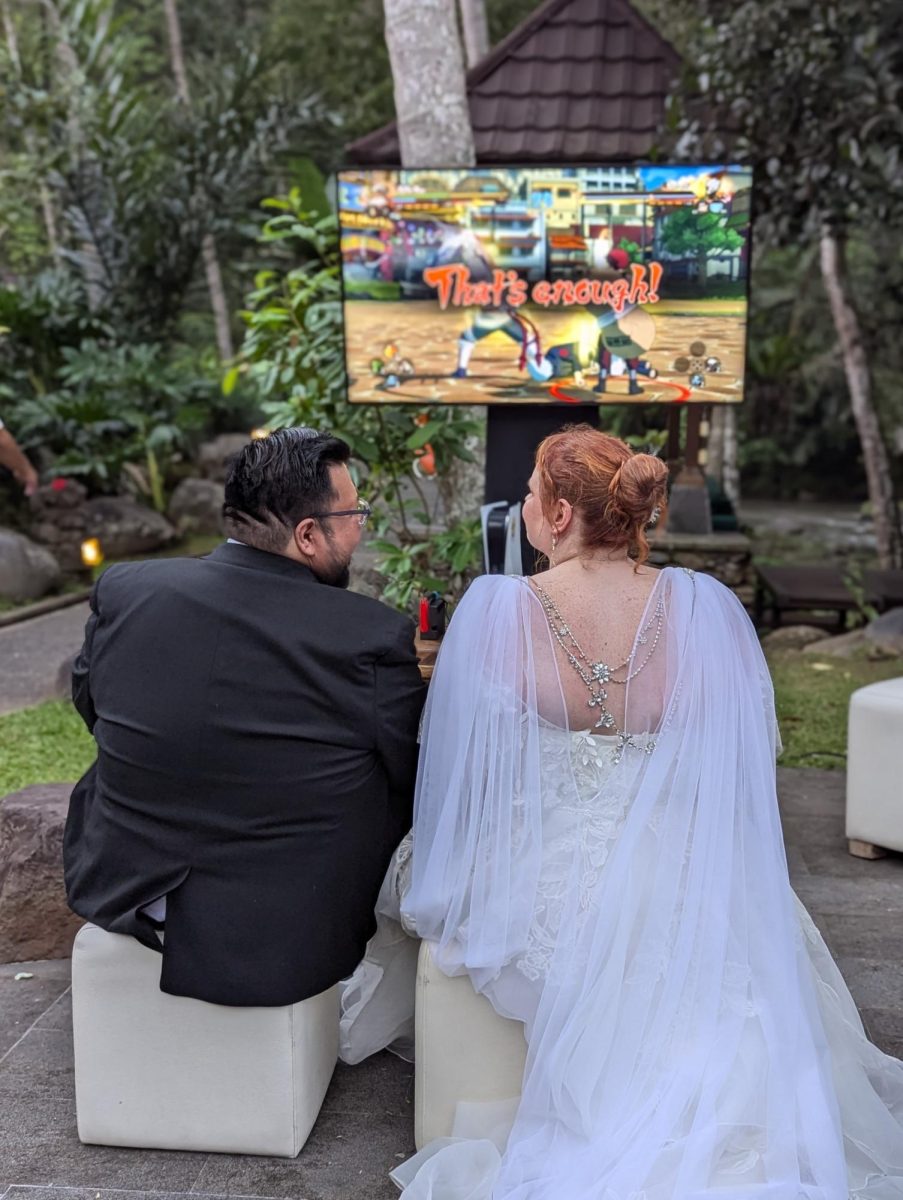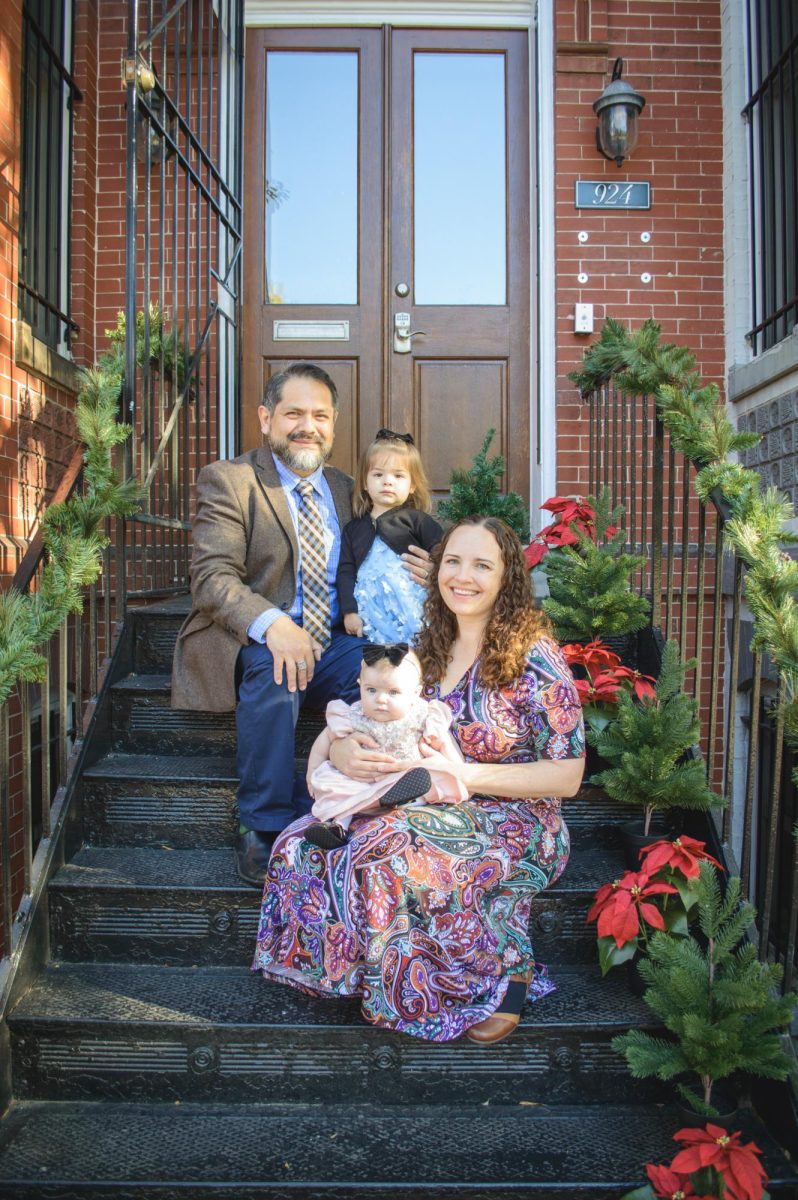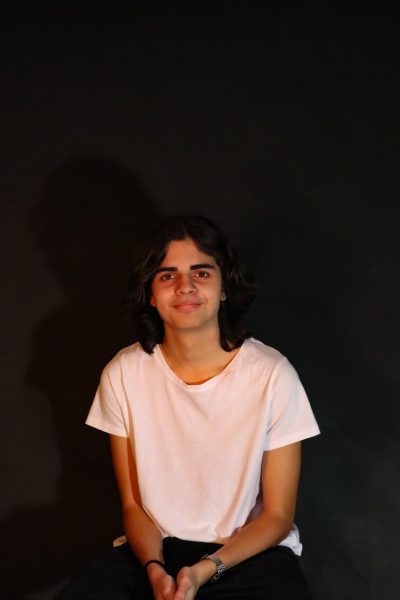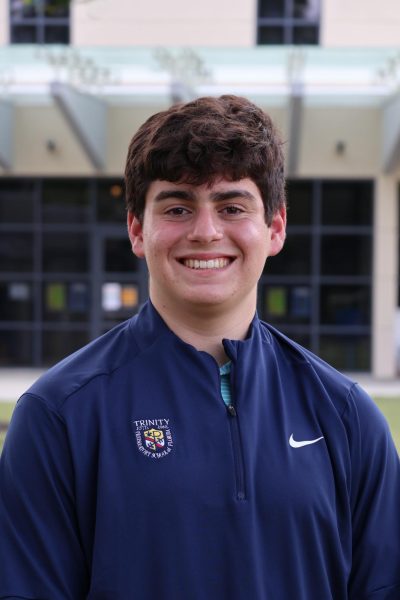History teacher Quinn McKenzie is an important member of the Trinity community. This is not just due to his exceptional teaching or excellent coaching of the speech and debate team, but because his time here on campus is more conditional than any other teacher.
This is because McKenzie is a fellow. Rather than a full-fledged teacher, a fellow is meant to stay on campus for two to three years and learn the tricks of the teaching trade. The program provides teachers with mentorship from other teachers – known as master teachers – and the opportunity to coach extracurricular activities in addition to their teaching responsibilities.
Previous fellow, Chris Newman, looks back on the program quite fondly. After being a social science fellow for two years, Newman went on to secure a teaching position at Gaston Day School in North Carolina.
“It was a blast,” Newman said. “I enjoyed going to work every single day. I loved what I did, and I loved the people I worked with. And when I left, my emotions predominantly were filled with gratitude.”
Head of School Byron Lawson established the fellowship program at Trinity roughly five years ago and modeled it after the program he ran at his previous school, St. Mark’s School of Texas. Lawson has recognized that, thus far, Trinity’s program has lacked diversity because it has included only fellows in social science and hard science.
“There’s just unseen opportunities for growth that frankly we don’t recognize because all of our fellows have been on sort of one side of the brain,” Lawson said. “We’ve not had a fellow in mathematics, we’ve not had a fellow PE, we’ve not had a fellow in world language and we’ve not had a fellow in fine arts. That’s two-thirds of the disciplines that we offer.”
According to Lawson, another goal of the fellowship program is to increase the number of master teachers – currently English teacher Steven Krueger and Mathematics teacher Stephanie Wood – who provide feedback and advice from perspectives outside the fellow’s discipline.
“When you get to see operations from a totally different disciplined standpoint or just through somebody else’s eyes, it ramps up your learning process,” Lawson said. “We do pretty much the same [master teachers] inside your discipline, but we don’t do as much outside the discipline.”
The most notable aspect of the fellowship program is the policy for fellows once their contract expires. Regardless of an available position or years of experience a fellow possesses, they are not allowed to be hired as a teacher by Trinity. According to Lawson, the reason for this policy is for the fellows to continue their journey elsewhere to gain more valuable experience and use the knowledge they acquired here to benefit them in their future job.
This policy is mostly consistent with that of St. Mark’s. That school, however, is not without its exceptions: Andrew Farrar is a former fellow at St. Mark’s, but was quickly offered a teaching position, which he accepted.
“So my understanding of St. Mark’s program is that it is a two year [program],” Farrar said. “However, my personal experience was that after my first year, there was an opportunity in my department, so I was offered a full-time position on the faculty.”
However, this is not the policy at Trinity. Currently, McKenzie is in his second year of the program, and after his third year, his contract will expire, and he will be unable to continue his time here. This was the same case for Newman, who after his two-year contract was up said he could not apply for a full-time position at Trinity.
Though McKenzie’s time at Trinity will soon come to an end, he reflects on the opportunity he was given here.
“I care a lot about Trinity and I care a lot about the students, about the culture, about the community, about the team and about making my classes the best classes they can be,” McKenzie said. “And so I pour a lot of myself and my energy into those things.”






